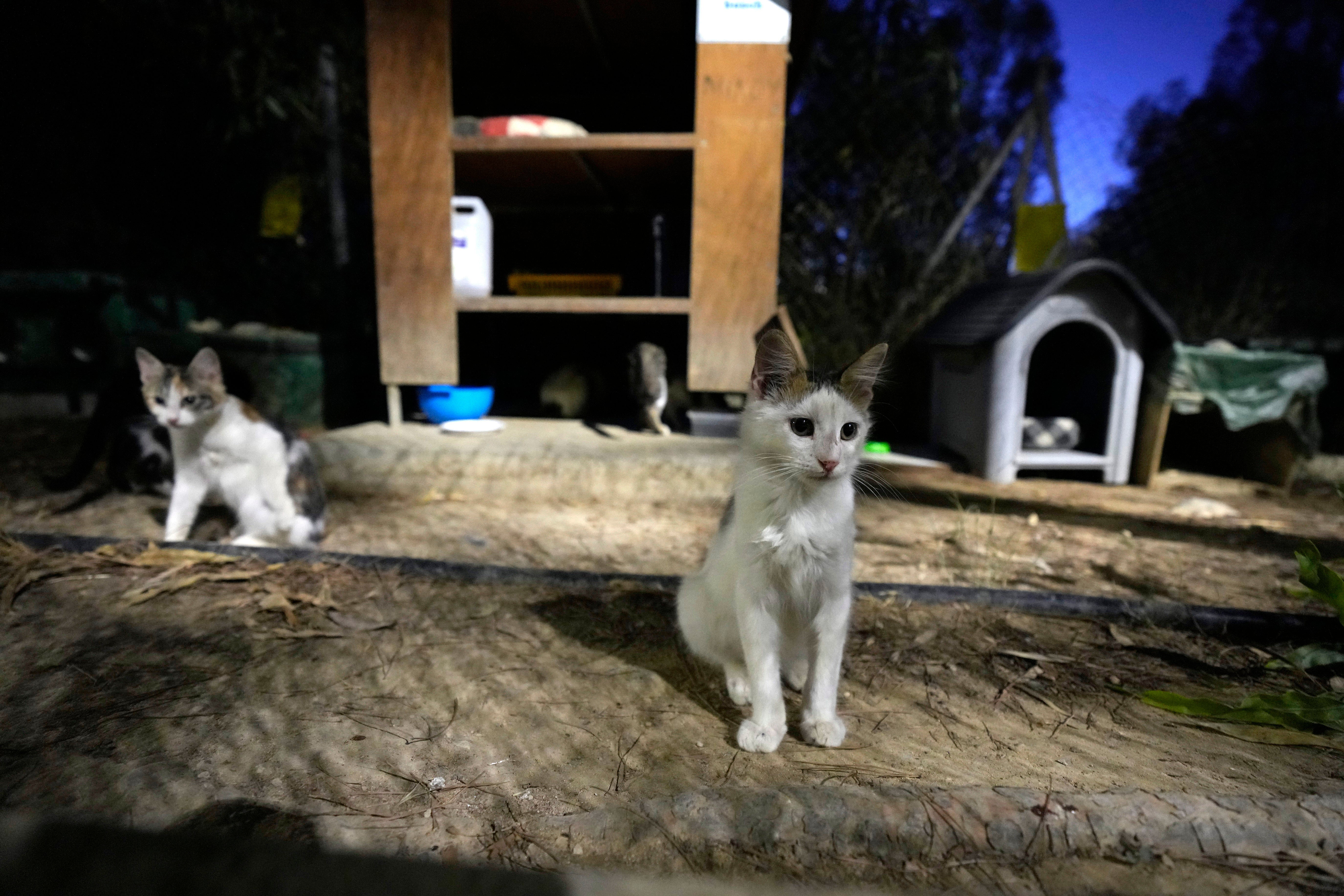Cats given anti-Covid pills for humans after thousands die from feline virus in Cyprus
Estimated 8,000 animals have died from feline infectious peritonitis after outbreak on the island at start of year

Cats in Cyprus are being treated with anti-Covid pills meant for humans after a feline virus killed thousands of animals on the island.
An estimated 8,000 cats have died from feline infectious peritonitis (FIP), prompting the government to approve the use of stockpiled human coronavirus medication.
The disease is almost always lethal if left untreated, but medication is effective in around 85 per cent of cases.
However, the high price of the medication made it inaccessible to vets and pet owners in Cyprus, activists said.
The government’s veterinary services director Christodoulos Pipis said the first batch of 2,000 medication packages will be used to mitigate what has been called the “FCov-2023” outbreak, with a total of 80,000 pills becoming available later.
Mr Pipis told The Guardian the health ministry rolled out the treatment on 8 August, celebrated as International Cat Day.
Each pill will cost €2.50 (£2.16) and can be bought at local vets’ offices, after a formal examination and diagnosis.
It is hoped the move will end the outbreak, first noticed in the capital Nicosia in January.
FIP, which spreads through contact with cat faeces, proliferated across the island four months later, the Pancyprian Veterinary Association said.
Local animal activists claimed FIP has killed 300,000 cats, but PVA president Nektaria Ioannou Arsenoglou called that figure an exaggeration.
The disease is unrelated to Covid-19 and cannot be contracted by human beings. However, the active ingredient in anti-Covid medication Lagevrio, molnupiravir, has proven effective in treating cats who’ve contracted FIP.
The feline virus has been around since 1963, Ms Arsenoglou added, but previous epidemics in the UK, US, Taiwan, and Greece remained confined to catteries and eventually fizzled out without the use of any medication.
However, the outbreak in Cyprus has also affected indoor cats.
Subscribe to Independent Premium to bookmark this article
Want to bookmark your favourite articles and stories to read or reference later? Start your Independent Premium subscription today.

Join our commenting forum
Join thought-provoking conversations, follow other Independent readers and see their replies